Now in its 30th year, the Golden Horse Film Festival (台北金馬影展) has long been a fixture on Taipei’s cultural calendar. For this edition, a bulging lineup of 264 feature, documentary, animation, short and experimental films is divided into 10 categories and 31 sub-categories.
Wen Tien-hsiang (聞天祥), executive director of the Taipei Golden Horse Film Festival Executive Committee (台北金馬影展執行委員會), says the Golden Horse takes the London Film Festival and Toronto International Film Festival as points of reference; both events are the largest film festivals in those countries and each screens more than 300 works every year.
“We would like to see how many festivalgoers Golden Horse can accommodate and how diverse our audience can be ... We have changed the relationship between the festival and its audience by designing more activities and fun events to attract newcomers. It is no longer just about film screenings attended by serious cinephiles,” Wen said.
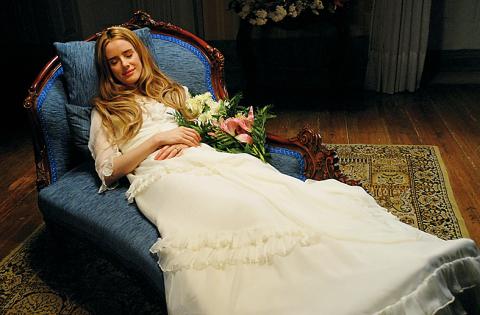
Photos courtesy of Golden Horse Film Festival
Browsing the 178-page festival booklet is a rather daunting task, let alone choosing from the dazzling array of themed and specially curated programs on offer. Read on for a selection of festival highlights.
Spotlight
Spotlight focuses on world cinema, screening the newest releases by film maestros including Ken Loach, Czech animator Jan Svankmajer and Jacques Rivette, who along with Jean-Luc Godard is known as an experimental French New Wave director. In the post-Avatar era, The Strange Case of Angelica by the 102-year-old Portuguese director Manoel de Oliveira seems like a bit of a strange case itself. The supernatural allegory is embroidered with visual effects that have a distinctly handmade feel and exudes a charm akin to a 19th-century painting found in a dusty attic.

Photo courtesy of Golden Horse Film Festival
Rock ’n’ Roll Apocalypse, The Story of an Artist
In Rock ’n’ Roll Apocalypse — the festival’s music segment — Julien Temple’s trilogy about the Sex Pistols (The Filth and the Fury), the Clash’s Joe Strummer (The Future is Unwritten) and Dr Feelgood (Oil City Confidential) is a must-see for rockers. Graffiti artists and wannabes can meet Banksy, the British street art legend, in Exit Through the Gift Shop, which is being screened in the The Story of an Artist program. Telling a story about an LA-based Frenchman who wants to make a documentary about Banksy but ends up being persuaded by the god of graffiti to become an artist himself, the hilarious film is more cinematic prank than documentary.
Animation Playground
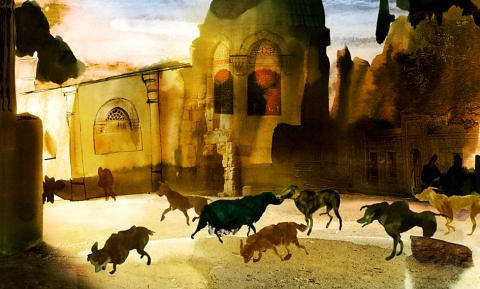
Photo courtesy of Golden Horse Film Festival
In the anime and manga-themed Animation Playground segment, six feature-length works and seven programs of shorts were selected from the Annecy International Animated Film Festival. Top picks include the Annecy-winning The Lost Thing, Barking Island, a Cannes winner, and the Oscar-winning Logorama. Not to be overlooked are three experimental shorts by the late Arthur Lipsett, Canada’s foremost avant-garde director of his time.
Classical Restored, The Other Side of Bollywood
People who want to go retro should check out the Classical Restored section, which is comprised of digitally restored masterpieces including African Queen starring Humphrey Bogart and Katharine Hepburn. Meanwhile, The Other Side of Bollywood’s Peepli Live sets itself apart by shunning the genre’s typically beautiful actors and bursts of song and dance. Instead, it criticizes the India’s government and bloodthirsty media through the tale of a poor farmer who resorts to radical means to win back what his family has lost.
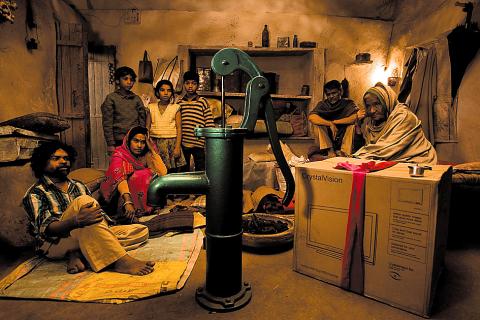
Photo courtesy of Golden Horse Film Festival
A Tribute to Apichatpong Weerasethakul
One of the festival’s special presentations, A Tribute to Apichatpong Weerasethakul celebrates the Thai maestro’s unconventional and challenging approach to storytelling. Eccentricities range from running the credits and title 40 minutes into the film (in the Cannes-winning Blissfully Yours (2002)) and complete narrative disruption with the same actors playing different roles (Tropical Malady (2004)), to the experimental documentary style of Mysterious Object at Noon (2000). Apichatpong is scheduled to discuss his works in person.
Golden Horse Film Festival: program/section highlights
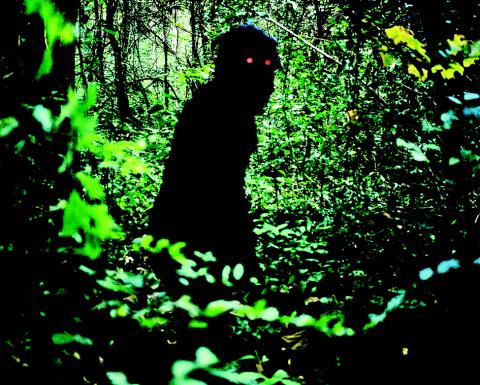
Photo courtesy of Golden Horse Film Festival
The Golden Horse Film Festival includes several themed sections and programs, with films grouped under general motifs such as family, the female image and coming-of-age experiences. Some of the films that deal with similar subject matter, however, appear to be grouped together for convenience’s sake rather than to shed new light on the selected works or offer insight into the curators’ visions.
Ain’t No Cure for Love
The Ain’t No Cure for Love section screens films about love, obviously. Cannes-winning Leap Year from Mexico is mostly shot in an apartment room where a 25-year-old heroine pushes her sexual partners into a sadomasochistic abyss. Mixing Woody Allen’s garrulousness and the humor of Eric Rohmer (a director in focus at this year’s Golden Horse), Ha Ha Ha makes two men gabbing about their romantic encounters surprisingly engaging and funny. October from Peru is a deadpan comedy about a middle-aged pawnbroker’s unlikely romance with his equally unattractive neighbor.
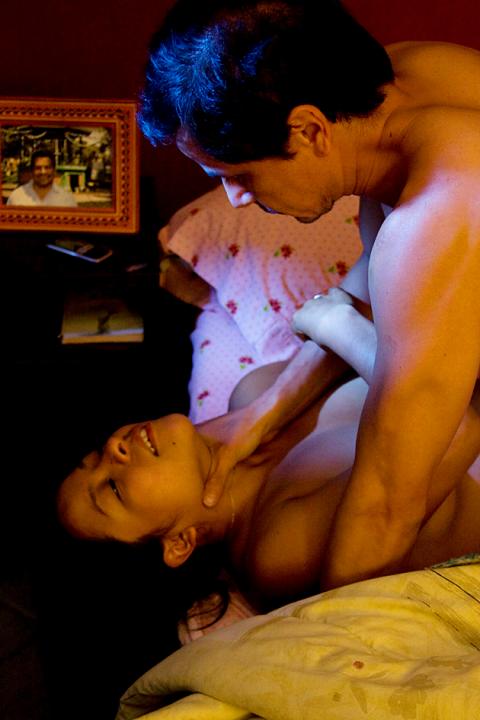
Photo courtesy of Golden Horse Film Festival
My Family Story
Decent folk looking for wholesome family entertainment should steer well clear of the My Family Story segment. In Imaizumi Koichi’s The Family Complete, a grandfather takes the concept of “family bonding” to a controversial new level. The main protagonist is played by Koichi himself, an openly gay Japanese filmmaker who has acted in more than 100 straight porn movies. Koichi will be on hand to meet audience members during the festival.
When You Are a Stranger
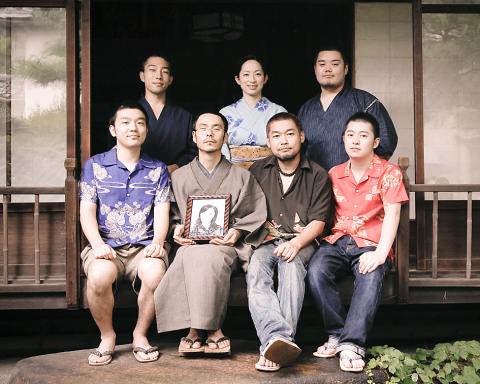
Photo courtesy of Golden Horse Film Festival
The When You Are a Stranger section focuses on social outcasts and people with disabilities. Me Too tells the story of a man with Down syndrome, played by Pablo Pineda, Europe’s first Down syndrome student to earn a university degree. In the black-and-white Little Baby Jesus of Flandr, mentally handicapped performers play the role of holy fools.
Until the End of the World
Existential journeys and life-changing voyages form the backbone of the Until the End of the World program. From Mexico, To the Sea’s account of a little boy’s trip to his fisherman father’s village by the Caribbean Sea has a sense of candor and naturalness usually found in documentary cinema.
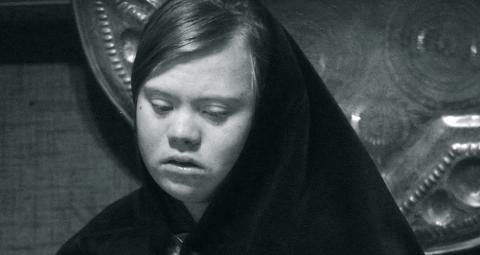
Photo courtesy of Golden Horse Film Festival
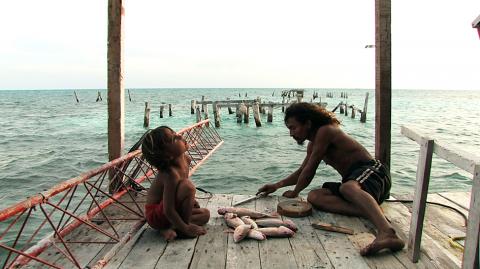
Photo courtesy of Golden Horse Film Festival

That US assistance was a model for Taiwan’s spectacular development success was early recognized by policymakers and analysts. In a report to the US Congress for the fiscal year 1962, former President John F. Kennedy noted Taiwan’s “rapid economic growth,” was “producing a substantial net gain in living.” Kennedy had a stake in Taiwan’s achievements and the US’ official development assistance (ODA) in general: In September 1961, his entreaty to make the 1960s a “decade of development,” and an accompanying proposal for dedicated legislation to this end, had been formalized by congressional passage of the Foreign Assistance Act. Two

Despite the intense sunshine, we were hardly breaking a sweat as we cruised along the flat, dedicated bike lane, well protected from the heat by a canopy of trees. The electric assist on the bikes likely made a difference, too. Far removed from the bustle and noise of the Taichung traffic, we admired the serene rural scenery, making our way over rivers, alongside rice paddies and through pear orchards. Our route for the day covered two bike paths that connect in Fengyuan District (豐原) and are best done together. The Hou-Feng Bike Path (后豐鐵馬道) runs southward from Houli District (后里) while the

March 31 to April 6 On May 13, 1950, National Taiwan University Hospital otolaryngologist Su You-peng (蘇友鵬) was summoned to the director’s office. He thought someone had complained about him practicing the violin at night, but when he entered the room, he knew something was terribly wrong. He saw several burly men who appeared to be government secret agents, and three other resident doctors: internist Hsu Chiang (許強), dermatologist Hu Pao-chen (胡寶珍) and ophthalmologist Hu Hsin-lin (胡鑫麟). They were handcuffed, herded onto two jeeps and taken to the Secrecy Bureau (保密局) for questioning. Su was still in his doctor’s robes at

Mirror mirror on the wall, what’s the fairest Disney live-action remake of them all? Wait, mirror. Hold on a second. Maybe choosing from the likes of Alice in Wonderland (2010), Mulan (2020) and The Lion King (2019) isn’t such a good idea. Mirror, on second thought, what’s on Netflix? Even the most devoted fans would have to acknowledge that these have not been the most illustrious illustrations of Disney magic. At their best (Pete’s Dragon? Cinderella?) they breathe life into old classics that could use a little updating. At their worst, well, blue Will Smith. Given the rapacious rate of remakes in modern